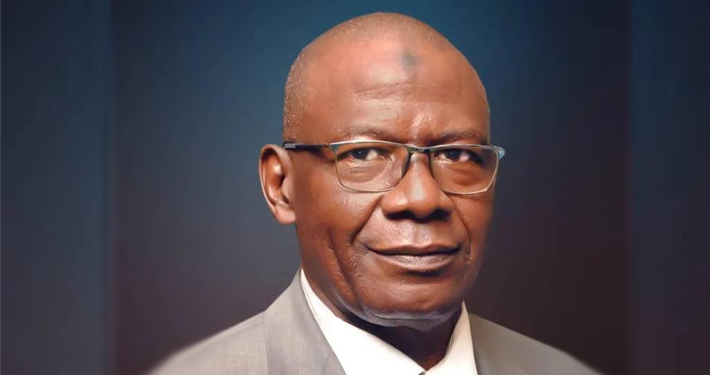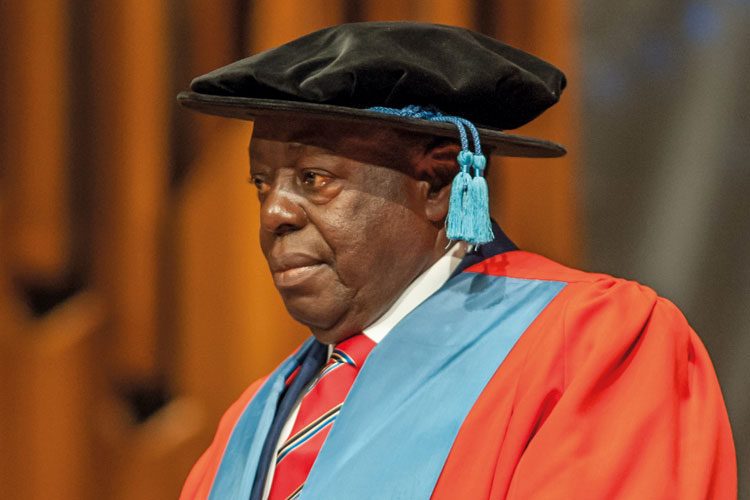The Association of Bureau de Change Operators of Nigeria (ABCON) has called on the Federal Government to strengthen economic partnerships with nations such as India, China, and African markets to counter the adverse effects of the 14% tariff imposed by U.S. President Donald Trump on Nigerian exports.
This tariff hike has created significant challenges for Nigeria’s economy, particularly in terms of liquidity and foreign exchange stability.
Dr. Aminu Gwadabe, President of ABCON, emphasized the urgent need for Nigeria to diversify its foreign exchange sources.
He highlighted the country’s reliance on petro-dollar receipts as a mono-cultural economy and urged the government to explore partnerships with India, China, and African markets to expand the export base beyond oil.
“To this end, Nigeria, being a mono-cultural economy that relies heavily on petro-dollar receipts, should embrace more partners like India, African markets, and China in the export of its single and most important commodity,” Dr. Gwadabe stated.
Recommendations for Stability
Dr. Gwadabe also urged the Central Bank of Nigeria (CBN) to compel commercial banks to channel their interbank proceeds to Bureau de Change operators to mitigate volatility in the foreign exchange market.
- He stressed the importance of supporting local production of export commodities to reduce Nigeria’s dependence on oil and enhance economic resilience.
- The CBN has already taken proactive measures to address foreign exchange volatility by injecting $197.71 million into the market through sales to authorized dealers.
While commending the CBN’s swift response to the tariff imposition, Dr. Gwadabe expressed concerns about the long-term impact of the tariff hike, which he said would make Nigerian products less competitive in the U.S. market, leading to reduced exports and significant revenue losses.
Impact on the Naira
The tariff hike has also exacerbated the depreciation of the Naira in the official market.
- Dr. Gwadabe noted that the official exchange rate stood at N1,635 per dollar, compared to N1,570 per dollar in the parallel market.
- He called on the CBN to ensure liquidity injections not only into the interbank market but also into the retail segment to meet the foreign exchange needs of small and medium-sized enterprises and invisible transactions.
- Dr. Gwadabe described the trade tariffs imposed by the Trump administration as a “global tension raging like wildfire across jurisdictions.”
He commended the CBN’s consistent interventions in the foreign exchange market, which have helped address inflation, uncertainty, and volatility during a challenging period of policy reforms.
What you should know
The Naira fell sharply on Monday, closing at N1,629.00/$1 in the official Foreign Exchange Market.
- This represents a notable depreciation from N1,600.00/$1 on Friday and N1,569.00/$1 on Thursday, highlighting increasing pressure on the domestic currency despite recent efforts by the CBN to stabilize the forex market.
- In the parallel market, or black market, the naira traded more favorably. Sources told Nairametrics that the currency exchanged at N1,555/$1 on Monday, slightly stronger than the N1,560/$1 observed on Friday.















